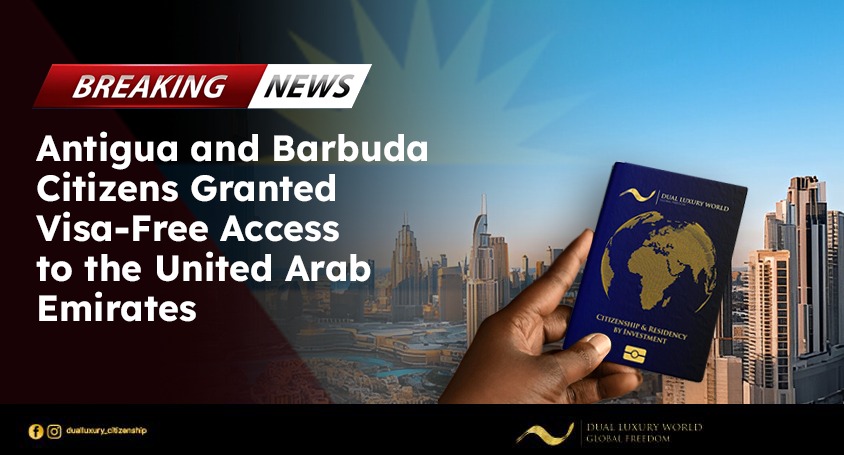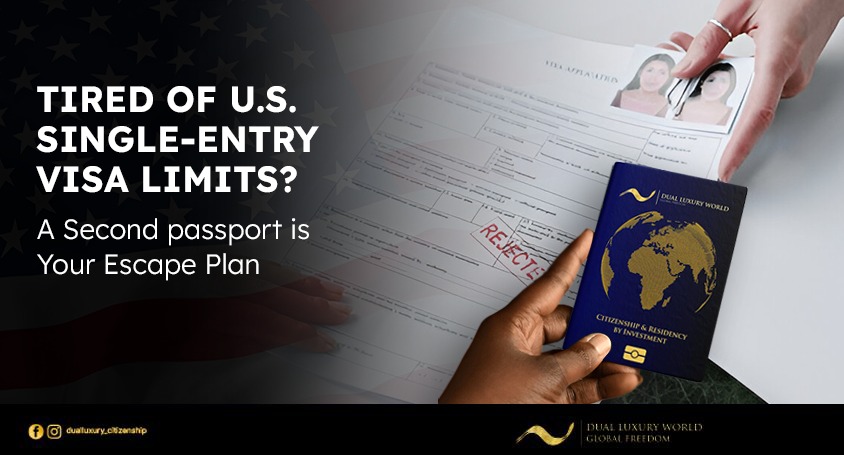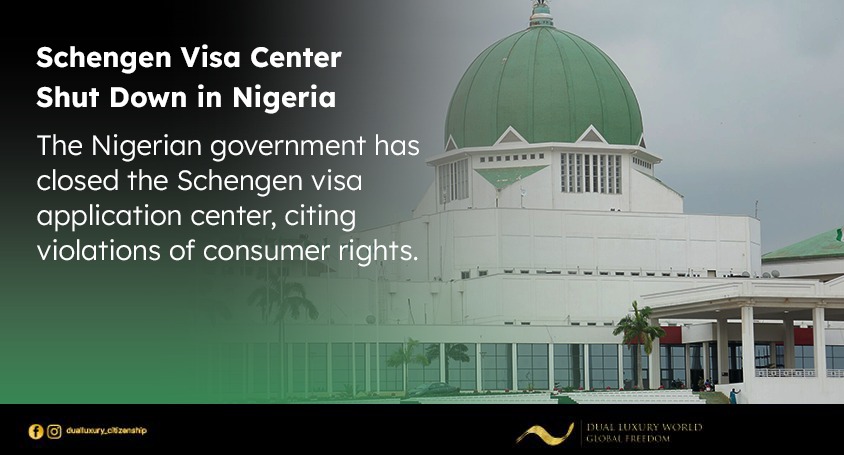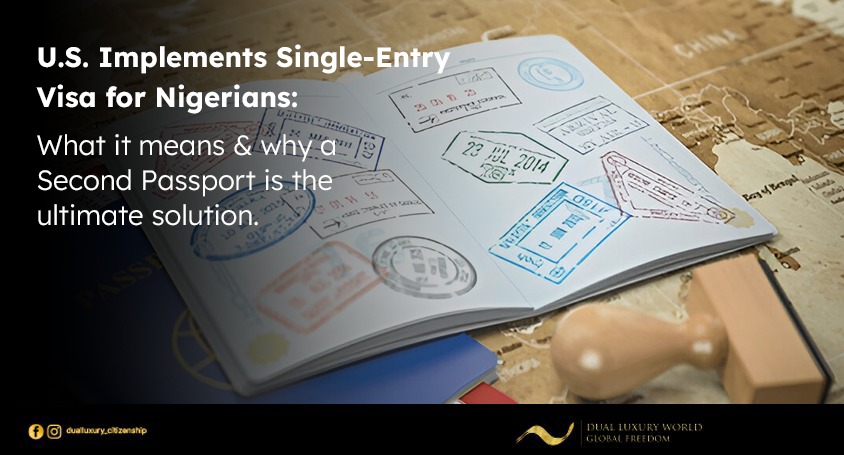
The United Arab Emirates (UAE) has recently implemented stricter visa regulations for Nigerian travelers, including blocking transit visas and limiting tourist access. This move has sparked concern among Nigerian travelers, business professionals, and tourists who frequently visit or transit through the UAE.
Why Is the UAE Restricting Nigerian Visas?
The UAE government has not officially stated the exact reasons for these new restrictions, but possible factors include:
While the UAE government has not provided explicit reasons, several factors likely contribute:
1. Security and Immigration Concerns
Overstaying and illegal residency: Some Nigerian travelers have previously abused short-term visas to stay in the UAE illegally.
Document fraud: Cases of fake visas, passports, or bank statements may have prompted stricter vetting.
2. Diplomatic Tensions Between Nigeria and the UAE
Air travel disputes: Since 2022, Nigeria and the UAE have been in a flight allocation dispute, leading Emirates and Etihad to reduce operations in Nigeria.
Reciprocal visa policies: The UAE may be responding to Nigeria’s own strict visa policies for Emirati nationals.
3. Economic and Policy Shifts in the UAE
Focus on high-spending tourists: The UAE is prioritizing visitors from Western nations and wealthy travelers over budget tourists.
4. Migration control
The UAE has been tightening residency and visa rules across the board, not just for Nigerians.
Impact on Nigerian Travelers
The new restrictions have far-reaching consequences:
1. Disrupted Travel Plans
Nigerians who relied on UAE transit visas for business or leisure trips now face longer, more expensive routes.
Last-minute travelers are particularly affected, as they can no longer secure quick transit visas.
2. Increased Costs and Inconvenience
Alternative routes (e.g., through Doha, Istanbul, or Addis Ababa) may increase flight costs.
Obtaining a Schengen or UK visa (to use European hubs) is now more appealing but also more difficult.
3. Business and Trade Implications
Many Nigerian entrepreneurs depend on Dubai for trade, sourcing goods, and attending expos. The new rules could slow down business operations.
Nigerian professionals working in the UAE may find it harder to bring family members over.
What Can Nigerian Travelers Do?
If you’re planning a trip through or to the UAE, consider these alternatives, while the restrictions are challenging, here are some practical solutions:
1. Apply for Visas Well in Advance
Submit applications at least 4-6 weeks before travel to account for delays.
Ensure all documents (bank statements, hotel bookings, return tickets) are flawless.
2. Explore Alternative Transit Hubs
Qatar (Doha): Hamad Airport offers excellent transit options, sometimes with free city tours.
Turkey (Istanbul): Turkish Airlines provides smooth connections to Europe, Asia, and the Americas.
Ethiopia (Addis Ababa): A cost-effective option for African and Middle Eastern routes.
3. Consider Multiple-Entry Visas
If frequently traveling to the UAE, a multiple-entry visa (though harder to obtain) may be worth the investment.
4. Stay Updated on Policy Changes
Follow UAE embassy announcements and consult reputable travel agencies for real-time updates.
Broader Implications for Nigeria-UAE Relations
This visa crackdown is not happening in isolation. It reflects deeper diplomatic and economic tensions, including:
-The ongoing airline dispute (since Emirates reduced flights to Nigeria).
-Nigeria’s foreign exchange crisis, making it harder for travelers to access dollars for UAE trips.
– A shift in UAE’s Africa strategy, favoring stronger ties with East African nations like Kenya and Rwanda.
If not resolved, these tensions could further strain economic and diplomatic relations between the two nations.
Conclusion: Navigating the New Reality
The UAE’s sudden visa restrictions have created significant hurdles for Nigerian travelers, but with careful planning, alternative routes, and updated documentation, it’s still possible to visit or transit through the UAE.
Key Takeaways:
-Transit visas are effectively blocked—plan layovers accordingly.
-Tourist visas are harder to get—apply early and ensure strong documentation.
-Alternative hubs like Doha, Istanbul, and Addis Ababa are viable options.
-Diplomatic tensions may shape future policies—stay informed.
What’s Next?
If Nigeria and the UAE resolve their underlying disputes, visa policies may ease. Until then, Nigerian travelers must adapt to the new restrictions.







